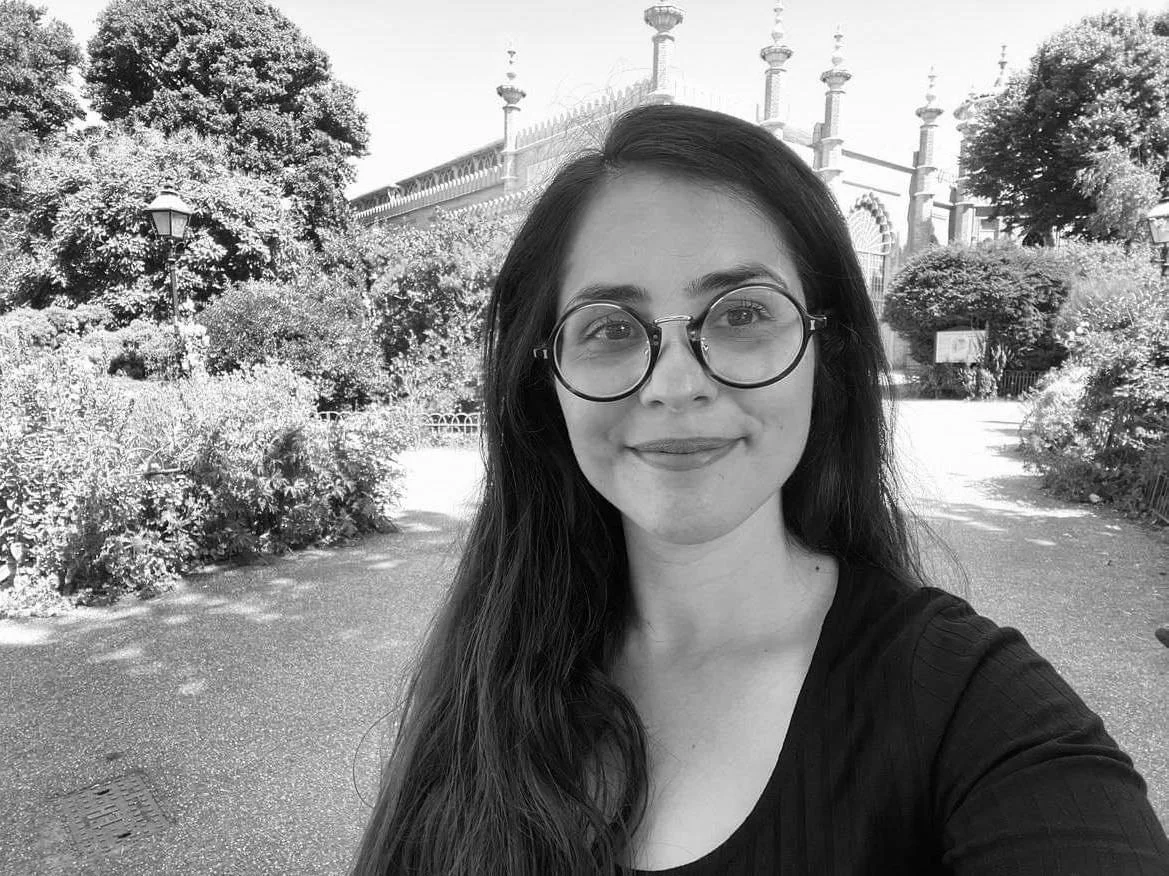Rights-claiming and rights-making in the Kurdish led Administration of North and East Syria (AANES): a Q&A with Hasret Cetinkaya
Dr Hasret Cetinkaya is a Postdoctoral Fellow in the Department of Gender Studies
It has been very exciting to explore and better understand conceptions of justice and human rights that have been developed by communities in the ‘Global South’.

What are you currently researching?
I was awarded the Marie Sklodowska Curie Postdoctoral Fellowship (MSCA), supported by the UK Research and Innovation fund, for a project on ‘Re-making Human Rights: Gender and Self-fashioning in the Political Imaginary of Rojava’. This project examines the practices of rights-claiming and rights-making in the Kurdish led Administration of North and East Syria (AANES), also known as Rojava.
The Rojava Revolution is a unique example of radical politics that seeks to re-make society through an emphasis and focus on democracy, relationality and interdependence with nature. The articulation of justice and human rights discourses in the AANES is an extraordinary example of an alternative transnational political reimagining of law and politics which offers us new and innovative ways of thinking about community, rights, justice and gendered subjectivities.
My research will, therefore, map out the intellectual resources and political ideas that have informed the rights-framework of the AANES, and to explore the role of women activists in enabling a decolonial and feminist reimagining of rights.
Why did you choose this area of study?
As someone trained in law and human rights, I found myself increasingly frustrated by the stories that hegemonic human rights law tells itself. So, with this study, I seek to shift the knowledge centre of human rights discourse, by promoting the vernacular politics, concepts, and practices of human rights from the ‘Global South’.
This involves shifting our focus beyond the state and its institutional form and offering an account of human rights that centres on the intersectional gendered subjectivities, self-making and activism at the core of human rights provision.
How will your research have a wider impact on society? Can you give some real-world examples of the impact your research will have?
I hope my project will push the limits in human rights and gender studies and create new knowledge on practices of law-making and rights provision in contexts outside of the procedural frameworks associated with liberal democratic nation-states.
At the societal level, the importance of this work is how it offers an understanding of the relationship between different groups in creating a rights-based and democratic society from the bottom-up. My work demonstrates, I hope, how decolonial feminist practices can provide a method in other conflict and post-conflict situations for imagining social relations and emancipation beyond the framework of the nation-state.
What have been the highlights of your research work so far?
It has been very exciting to explore and better understand conceptions of justice and human rights that have been developed by communities in the ‘Global South’.
Working to uncover the justice and political frameworks of the legal and human rights-based order in Rojava has revealed an important and radical decolonial and feminist alternative for how we think about the relationship between democracy, ecology, gender, human rights and the idea of law in this age of rising authoritarianism(s), neo-colonialism and planetary environmental crisis.
What has been your biggest challenge so far?
My biggest challenge so far has been largely methodological. It has been rather difficult to access activist groups and political actors involved in the politics and legal practice in Rojava. This has been in part an effect of the ongoing war in Syria.
It has also proven challenging to manage access to key informants whilst maintaining a decolonial feminist commitment to research that is non-extractivist in nature. These seem to me to be perennial problems with the kind of research I am seeking to do, and they are an exciting opportunity as much as they are a challenge.
What advice would you give to prospective students on the most effective way to approach research and keep stress levels down?
Plan your work and your time, read a lot (and then some more), and take good care of yourself with active rest and compassion towards yourself.
In a few words, what is the best thing about studying at LSE?
For me the best part of working and teaching at LSE is twofold: my amazing colleagues in the Department of Gender Studies and the brilliant, dynamic, and inspiring students that come to study at LSE.